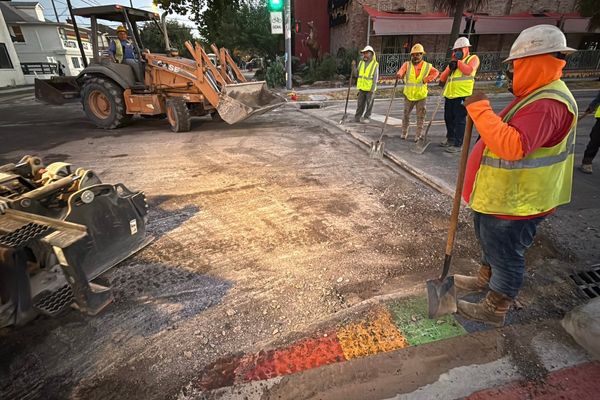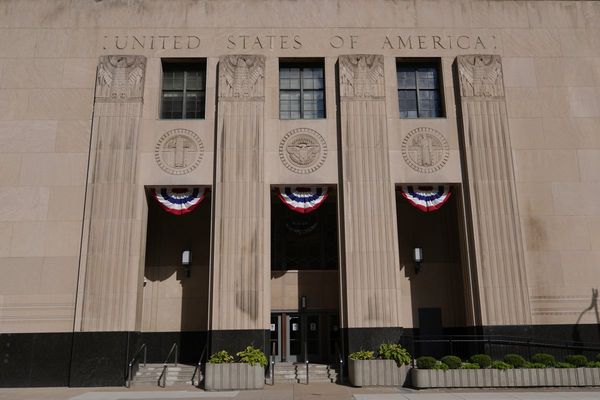
Victoria’s disability minister, Lizzie Blandthorn, says the state still remains in the dark on key proposals to change who can access the NDIS ahead of Wednesday’s national cabinet meeting.
Disability ministers are also concerned about changes they say could remove some participants from the scheme, while the federal NDIS minister, Bill Shorten, says he remains “quietly positive” the states and territories can be convinced that “some of the changes that need to be made will be”.
Blandthorn on Tuesday accused the federal government of not providing the disability reform minister’s council with enough information on the NDIS review’s centrepiece recommendations, meaning she did not know whether some people may be removed from the scheme as a result.
The minister said one of the review’s key recommendations focuses on changing the “reasonable and necessary” test, which sets the bar for who can access support packages through the scheme.
“The disability reform minister’s council has not been provided with either enough information in terms of what is reasonable and necessary and how that’s proposed to be changed or how foundational supports will be defined,” Blandthorn said.
Governments were handed a copy of the independent NDIS review at the end of October, and about 1,200 pages of supporting documentation last month.
The council has met once since being handed the report, when it received a briefing from Prof Bruce Bonyhady, one of the scheme’s key architects and the review’s co-author.
It is understood the review’s recommendations centre on developing a foundational supports ecosystem – a bureaucratic term for building up support services and preventive health care, outside the scheme, for those with less severe disabilities.
Bonyhady hinted in September those supports could be as simple as providing information and peer support, along with assistance for shopping, cooking and cleaning.
Blandthorn said how the foundational supports were structured and funded was key to any final agreement on eligibility criteria changes.
Shorten, who is set to release the review this week after the national cabinet meeting, told the Today show on Tuesday morning he remained hopeful that there would be some agreement despite the warnings.
“I remain quietly positive that some of the changes that need to be made will be,” he said. “For Labor, we really care about the NDIS, so we’re determined to make sure that it’s sustainable for future generations and delivering for the participants. It’s worked well for a lot of people so far, we just think it can do better.”
But any NDIS discussions at Wednesday’s meeting may be derailed by a looming funding battle, as the states and territories demand an extension of the GST “no worse off guarantee”. It is unclear whether the states and territories will be willing to put aside their fight over the GST extension.
Under the 2018 “no worse off guarantee” arrangement, states and territories are compensated by the commonwealth for GST shortfalls, meaning they receive at least 70% of revenue collected within their borders. It is set to expire in 2026-27.
The Victorian treasurer, Tim Pallas, said without the guarantee, his state would be $1.4bn worse off this financial year.
“If the commonwealth wants assistance on broader issues we will be happy to work with them, once this matter is resolved,” Pallas said.
The federal treasurer, Jim Chalmers, on Monday said the extension remained a “live conversation” but that a deal would not be done at any cost.
“I’ve got the ball rolling on that, no doubt [the states have] got a different view. It would be good if we could come to some kind of understanding but if we can’t, we can’t,” he said.
Additional reporting by Benita Kolovos







